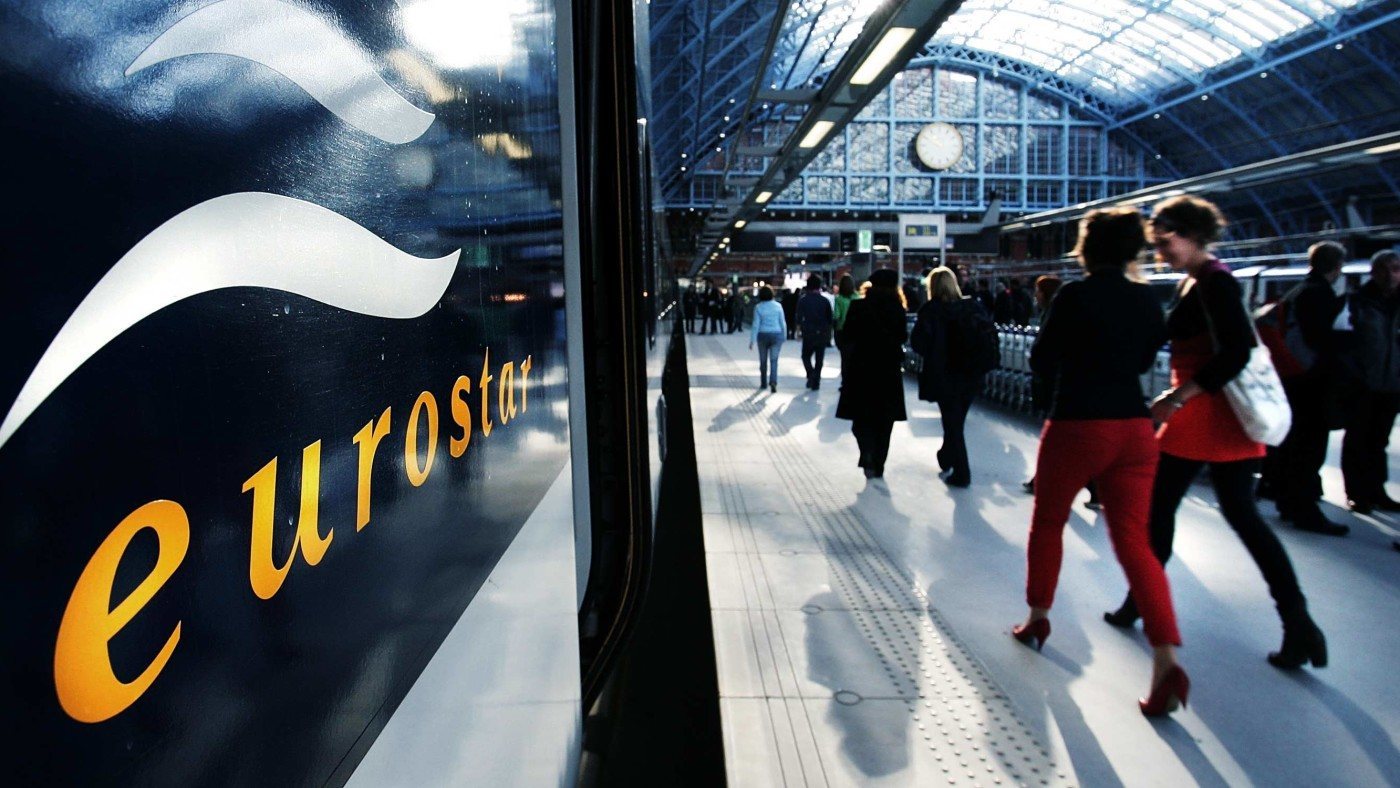My heart and head both want Britain to stay in the EU. But the “Remain” campaign so far appeals to neither.
Part of the problem is the people. The public face of the “Remain” camp looks too much like the British political class: smooth, besuited, posh-talking, white, middle-aged, male, probably privately educated, probably Oxbridge or LSE. Like me, in fact. This tiny caste has run Britain for years. When the economy was doing well, people grumblingly tolerated a self-satisfied and incestuous elite. But since it led the country into a catastrophic financial crash (for which nobody has been held accountable) its claim to economic competence is in shreds. The Iraq war did the same for public confidence in management of our foreign policy. These are the same people, broadly, who want us to stay in Europe.
To be fair, the “Leave” camp is not much better: overwhelmingly male and pale, and, moreover, with leading figures (George Galloway, Nigel Farage, Boris Johnson) dogged by whiffy controversies. It is scandalously misleading in its use of facts, as the brilliant infacts.org website, run by my friend Hugo Dixon, displays day after day. Some of the grandees (Lords Lawson and Lamont) have in their time made spectacular blunders in economic policy-making (particularly the debacle of British membership of the European Monetary System, a kind of proto-euro). But for all that, the “leave” camp is successfully portraying itself as the anti-establishment side of the debate.
One of the big dangers, therefore, is that the referendum becomes not a vote on Britain’s membership of the EU (boring and technical) but a chance for a well-deserved protest vote against our rulers (cathartic and fun). Whether you object to political correctness, health and safety, waffle, pomposity, fat-cattery, uncontrolled immigration, crime, cuts in public services, welfare scroungers, illegal wars or anything else, the Brexit referendum will be a chance to vent your feelings. Many may take it.
For that reason, the Remain campaign should change its public face. We need advocates for Europe who do not reek of the magic circle of boardrooms, Westminster, cossetted professional cartels (hello, lawyers), gravy trains and inherited class privilege. Instead our champions should be people with achievements in life outside politics, who would make a fresher and more convincing case.
The Brexit vote is not really about politics; it is a civilizational choice. Do we see our future in interdependence, cooperation and rules, which is the messy, imperfect, but generally beneficial direction that the world has been evolving in the past decades? Or do we want “sovereignty”, meaning isolation and narrow self-interest: an approach whose advocates apparently think will work not just for us but for other countries too?
This leads on to my other big worry: “remain” should not be a vote for the dismally unsatisfactory status quo, any more than it should be an expression of confidence in David Cameron’s farcically trivial renegotiation. Europe urgently needs reform. Change is both beneficial for Britain and achievable; indeed much is already under way. The digital single market, being pushed through by the impressive and Anglophile Andrus Ansip, the Estonian who is now the European Commission’s vice-president, is tailor-made for us: we are Europe’s unrivalled cyber superpower. We would also benefit greatly from completion of the single market in services, which is where our economy has its biggest competitive edge. Thirdly, we would gain hugely from a real European foreign and security policy, focussed on stabilising the periphery in Ukraine, the Middle East and North Africa. If we wanted, we would largely run it.
We should be blunt about the need for other reforms too. Complicated, murky politics creates opportunities for wily rent-seekers to bend the rules to their advantage. Too much of that thrives in Brussels. We need a register for lobbyists, and American-style transparency about the activities of foreign countries. The European Parliament is not a real legislature and its law-making is deeply flawed. It should be slimmed down.
It is infuriating to think how much we could have achieved had we applied to these real problems the goodwill, negotiating time and other efforts that we have squandered in creating Mr Cameron’s phony face-saving deal.
The paradox is that Britain’s size, experience and friends make us the continent’s natural leader, yet we are absent. We have allies in northern and eastern Europe who yearn for us to be more deeply engaged in making Europe stronger, leaner and more dynamic. Since EU enlargement, we have a natural majority for our economic and political priorities, far outnumbering the clientilist, dirigiste countries of southern Europe. Yet just as victory was beckoning, we flounced off to the sidelines for a potentially terminal bout of neurotic navel-gazing.
It is right to highlight the failure of the “Leave” camp to explain what life will be like post-Brexit, and the risks that any of the plausible options entail. But “Project Fear” misses an even more important point: how life will change if we stay in. Our best message is a positive one, not a timid vote for the status quo.
My final worry about the “remain” campaign is that it is too introverted. We need to explain that voting to leave does not insulate us from the consequences of our action. Brexit will—by common consent—weaken the EU and make it even less able to cope with the colossal problems it faces. Some in the “Leave” campaign take a Trotskyist approach, that hastening the downfall of a rotten system speeds the dawn of a bright new day. But that is fanciful. In truth, the EU’s woes will still be our woes. Putin will be just as menacing, jihadists just as murderous, refugees just as desperate, the economy just as stagnant. But the decisions about how to deal with these problems will be made without us. They will not take account of our interests. They may be worse decisions. And we will have to live with the results.


